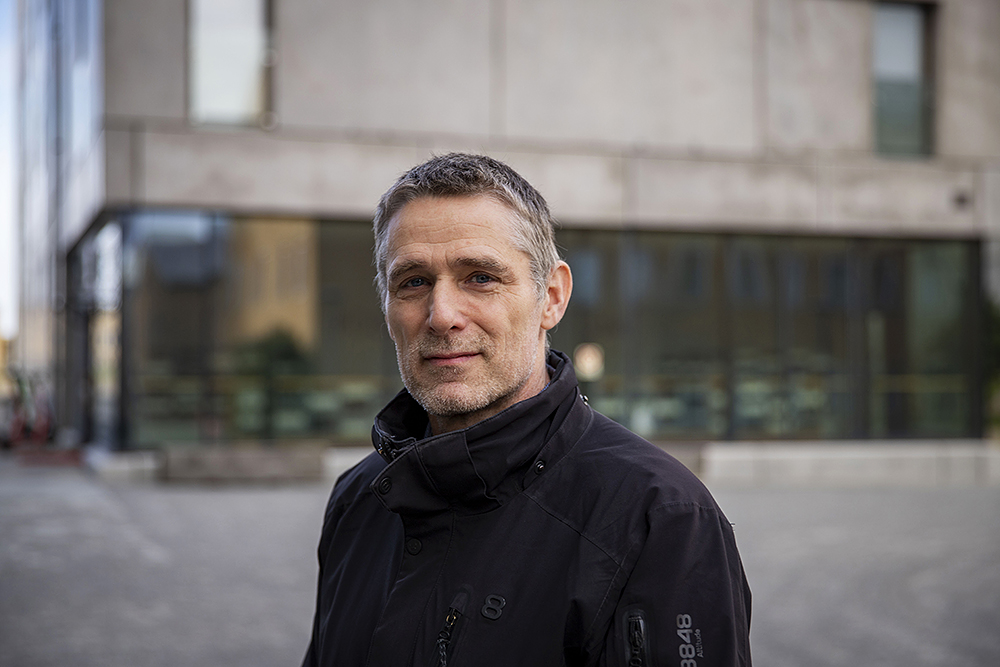KTH and Chalmers strengthen AI collaboration

KTH Royal Institute of Technology and Chalmers University of Technology will deepen their collaboration in the field of AI through a number of different initiatives. KTH researcher Alexandre Proutiere is involved in this joint initiative to strengthen the research environment in AI at both universities.
“AI research at our two universities has every opportunity to enrich each other and be a leading hub for AI research in Sweden,” says Alexandre Proutiere, researcher in computer science and machine learning at KTH and above that a part-time Scientific Advisor at Chalmers from the first of April.
Anders Palmqvist, Vice President for Research at Chalmers comments:
“The appointment of Alexandre Proutiere as Scientific Advisor to CHAIR is an important reinforcement that at the same time shows how well our academic environments can interact in a strategically important field”.
Building bridges
Alexandre Proutiere emphasises three possible areas for future work at Chalmers: refining the research agenda, strengthening partnerships with key stakeholders in industry and public organizations , and mechanisms to keep AI development at the forefront.
” I hope to help building bridges between KTH and Chalmers in AI research. The WASP AS and AI programs have played a crucial role in positioning Sweden on the global AI map. But, to further strengthen our standing in AI research and application, we must scale up our efforts,” says Alexandre Proutiere.
The Wallenberg AI, Autonomous Systems and Software Program (WASP) has long played a crucial role in putting Sweden on the AI map. Recently, the AI Commission's report Roadmap for Sweden was published, which emphasizes that Sweden's competitiveness depends on conducting cutting-edge research in the field of AI.
"Deeper collaboration in an area that is crucial for societal development will benefit both KTH, Chalmers and, by extension, Sweden. Alexandre Proutiere also leads one of our strategic research initiatives at KTH in AI and, with his new role at Chalmers, will be excellent for further developing the collaboration between us," says Annika Borgenstam, Vice President for Research at KTH.
Critical mass
Alexandre Proutiere sees that KTH and Chalmers' strong AI research environments make collaboration a strategic opportunity to accelerate progress.
“By joining forces, we can create a critical mass of AI researchers, strengthen ties with AI-focused industries, and increase the international visibility of Sweden's AI research while attracting top talent.”
That collaboration could also be relevant given the recommendations of the AI Commission report.
“For example, if Sweden decides to establish a centre of excellence in AI, a strong collaboration between KTH and Chalmers would provide a solid foundation for such an initiative,” Proutiere says.
Karl-Henrik Johansson, Professor of Network Control and Director of Digital Futures at KTH, agrees:
“It is very positive that we are gathering our strongest resources in Sweden in this kind of collaboration so that we can compete well in the fierce international competition with strong AI research where we can address various societal challenges.”
Text: Jill Klackenberg
Photo: Christer Gummeson
